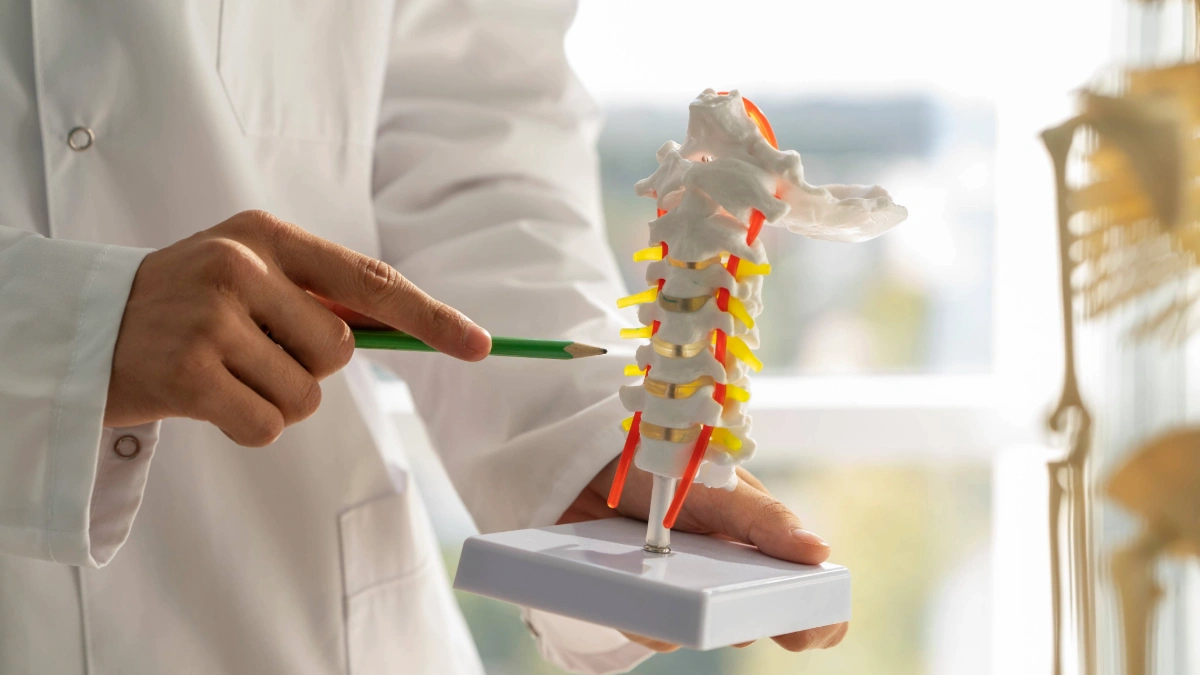When confronted with a diagnosis of penile cancer, understanding your treatment options is paramount. Penile cancer treatment in Turkey is renowned for its advanced medical facilities, skilled doctors, and comprehensive care. This article describes the specifics of treatments available, ensuring you are well-informed and well-prepared for you from diagnosis to recovery.
General Information About Penile Cancer
Understanding penile cancer is crucial for managing it effectively. Here are some key points:
- Human Papillomavirus (HPV) Infection: Increases the risk of penile cancer.
- Signs of Penile Cancer: Include sores, discharge, and bleeding.
- Diagnostic Tests: Physical exams, biopsies, CT scans, PET scans, MRI, ultrasound, and chest X-rays are used to diagnose and stage penile cancer.
- Stages of Penile Cancer: Range from Stage 0 (carcinoma in situ) to Stage IV, affecting treatment options and prognosis.
Specialists Involved in Penile Cancer Treatment
Penile cancer treatment in Turkey involves a multidisciplinary team of experts:
- Urologists: Specialized in treating diseases of the male genitalia.
- Radiation Oncologists: Experts in administering radiation therapy.
- Medical Oncologists: Specialize in chemotherapy and other medicinal treatments.
Other healthcare professionals, such as nurse practitioners, psychologists, and rehabilitation specialists, play crucial roles in supporting the patient throughout their treatment journey.
Making Treatment Decisions
It is crucial to discuss treatment options, goals, and potential side effects with your healthcare team. Seeking a second opinion can provide additional insights and confidence in your chosen treatment plan.
How is Penile Cancer Treated?
Surgical Options
Surgery remains the primary treatment for most penile cancers. In Turkey, cutting-edge surgical techniques are practised, aimed at removing cancer while preserving as much of the healthy tissue as possible. Penile cancer surgery can range from local excision to more radical procedures, depending on the stage and extent of the disease. Notable methods include:
- Mohs Microsurgery: Layers of skin are methodically removed and examined under a microscope until no more cancer cells are detected.
- Laser Surgery: Utilizes a focused beam of light to eradicate cancer cells.
- Cryosurgery: Involves freezing cancer cells.
- Wide Local Excision: Removes the cancerous tissue along with a margin of healthy tissue.
Radiation Therapy
Radiation therapy utilizes high-energy X-rays to target and kill cancer cells. This can be administered externally via a machine (external beam radiation) or internally using radioactive substances placed near the cancer (brachytherapy).
Chemotherapy
Chemotherapy uses powerful drugs to eliminate cancer cells and is often employed for larger tumours or when cancer has metastasized. Topical chemotherapy may be used for surface tumours on the skin, while systemic chemotherapy is administered through the bloodstream to target cells throughout the body.
Local Treatments
For early-stage tumours, local treatments such as laser or cryotherapy may suffice. These treatments are less invasive and focus on the removal or destruction of cancer cells within the localized area.
Common Treatment Approaches
The goal of penile cancer treatment is to eradicate cancer while minimizing impacts on the penis’ appearance and function. If the cancer is beyond cure, treatment aims to control its growth and alleviate symptoms like pain and bleeding.
Treatment of Penile Cancer, by Stage
Penile cancer treatment varies depending on the stage:
- Stage 0 (carcinoma in situ): Treatments can include topical chemotherapeutic creams or laser surgery.
- Stage I: Typically managed with limited surgery.
- Stage II and III: Often requires a combination of surgery, radiation, and chemotherapy.
- Stage IV: Treatment is more complex, often involving systemic approaches to control symptoms and enhance quality of life.
Complementary and Alternative Methods
Besides conventional treatments, some patients explore complementary methods like acupuncture, massage, or special diets to alleviate symptoms. It is vital to discuss these options with your healthcare providers to ensure they are safe and effective.
Support During Cancer Treatment
Programs and Services
Various support services are available, including nursing services, financial aid, nutritional advice, and spiritual help. Organizations like the American Cancer Society offer resources such as rides to treatment and lodging to ease the treatment process.
Palliative Care
Palliative care teams focus on managing symptoms and enhancing the quality of life for patients with advanced penile cancer. This includes managing pain and other symptoms to provide comfort.
Seeking a Second Opinion
Obtaining a second opinion can provide further clarity on treatment options and foster confidence in your care plan. Consulting another specialist can also present new perspectives on innovative treatments and clinical trials.
Final Note on Penile Cancer Treatment in Turkey
Turkey stands out as a destination for penile cancer treatment due to its advanced healthcare infrastructure, experienced specialists, and comprehensive, patient-centred care. With hospitals like Avicenna International Hospital offering world-class facilities, patients receive treatment that balances effectiveness with the preservation of quality of life. For expert penile cancer treatment in Turkey, contact us at Avicenna International Hospital for a consultation with our specialists. Reach our dedicated team for more information on your options and personalized treatment plans. Your path to recovery starts with a simple step.
The best treatment for penile cancer depends on the stage and location of the cancer but often involves a combination of surgery, radiation therapy, and/or chemotherapy.
The cost of penile cancer treatment can vary widely depending on the specific treatments required, the hospital/clinic, and the patient’s insurance coverage.
The 5-year survival rate for penile cancer can range from 12% to 68%, depending on the stage at diagnosis. Early detection and prompt, comprehensive treatment at a specialized centre like Avicenna International Hospital can significantly improve the prognosis.







